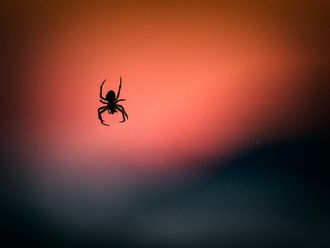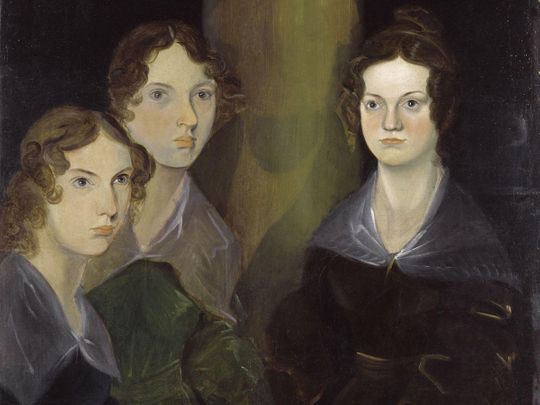
Today, their names and works are well-known, but when their books were first published, many authors concealed their identities from the world. No one knew who hid behind the literary mask.
Click start to play today’s Crossword, where you can find an ‘Author unknown’ in the clue for 8-Across.
Here are five famous authors who once were anonymous or pseudonymous writers:
1. Jonathan Swift
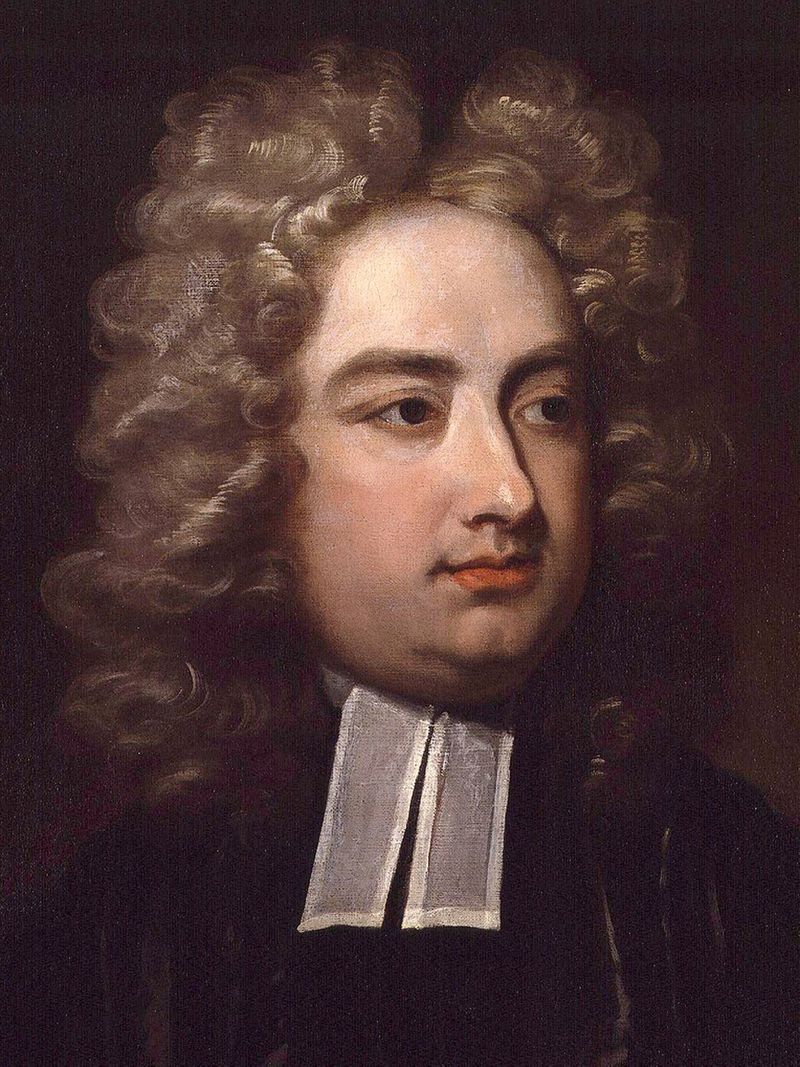
The author of satirical adventure novel Gulliver’s Travels used such effective cloak-and-dagger tactics, even his publisher didn’t know his true identity. Swift would send an intermediary to deliver his manuscript late at night, along with a letter that was supposedly from Gulliver’s cousin.
2. Sir Walter Scott
The Scottish historian and novelist was dubbed ‘The Great Unknown’ when his incredibly popular Waverley novels swept England, and launched the genre of historical fiction. Scott maintained his anonymity for years – even his children didn’t know about his work – until financial pressures forced him to confess.
3. Bronte sisters
All three English novelists Charlotte, Emily and Anne Bronte produced masterpieces in Victorian literature with male pseudonyms – Currer, Ellis and Acton Bell. The sisters shared the impression that female authors were likely to be looked upon with prejudice, at the time – a sentiment shared by at least two other great female writers, George Eliot (May Ann Evans) and George Sand (Amantine Dupin de Francueil).
4. Louisa May Alcott
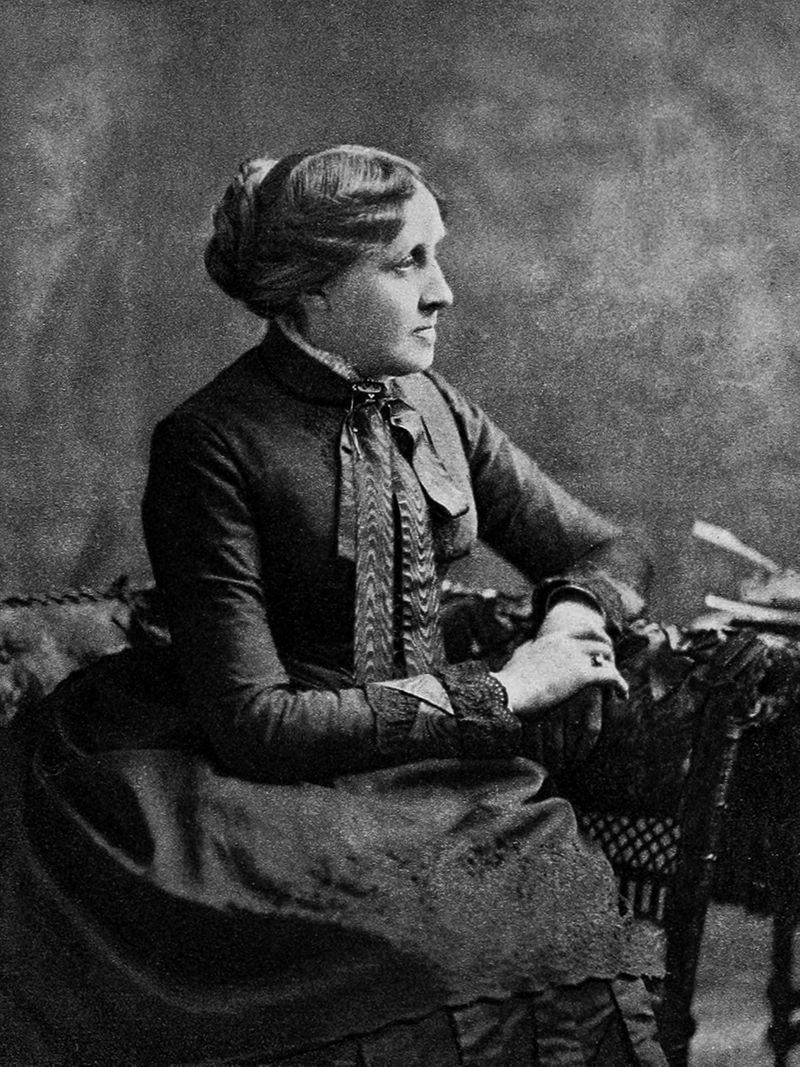
Along with her popular Little Women and Little Men stories, Alcott wrote lesser-known novels, such as The Abbot’s Ghost and Behind a Mask, or a Woman’s Power. She chose the pseudonym A.M. Barnard for her stories of love and suspense. She also used the pseudonym Flora Fairfield when she was an up and coming writer, since she was not confident enough in her writing just yet, to use her real name.
5. J. K. Rowling
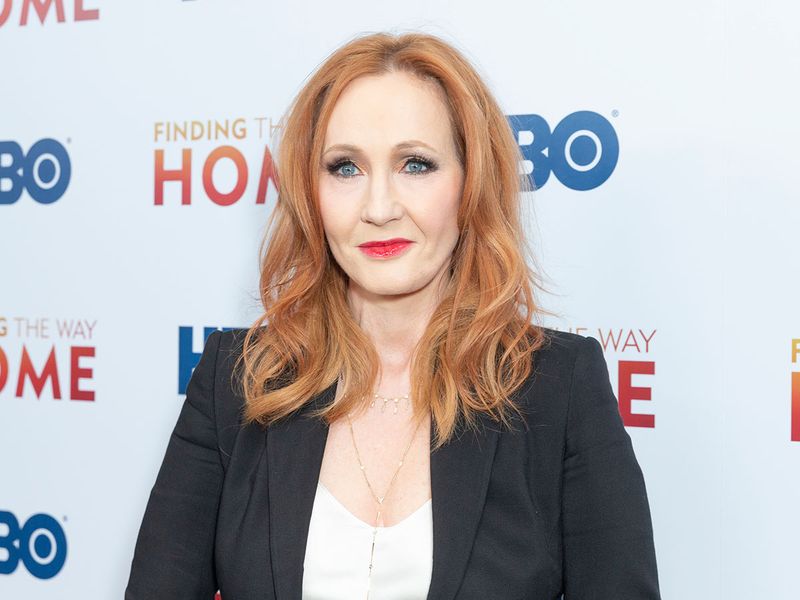
In order to receive “totally unvarnished feedback”, the English author of the Harry Potter series adopted the pseudonym Robert Galbraith when she published The Cuckoo’s Calling in 2013. It wasn’t the first time Rowling made up a name. Despite her full name being Joanne Rowling, she added a fictitious ‘K.’ initial when a publisher cautioned her that boys might not buy a book written by a woman.
Do you think adopting a pseudonym helped these authoresses beat prejudice and gain success? Play today’s Crossword and tell us at games@gulfnews.com.



